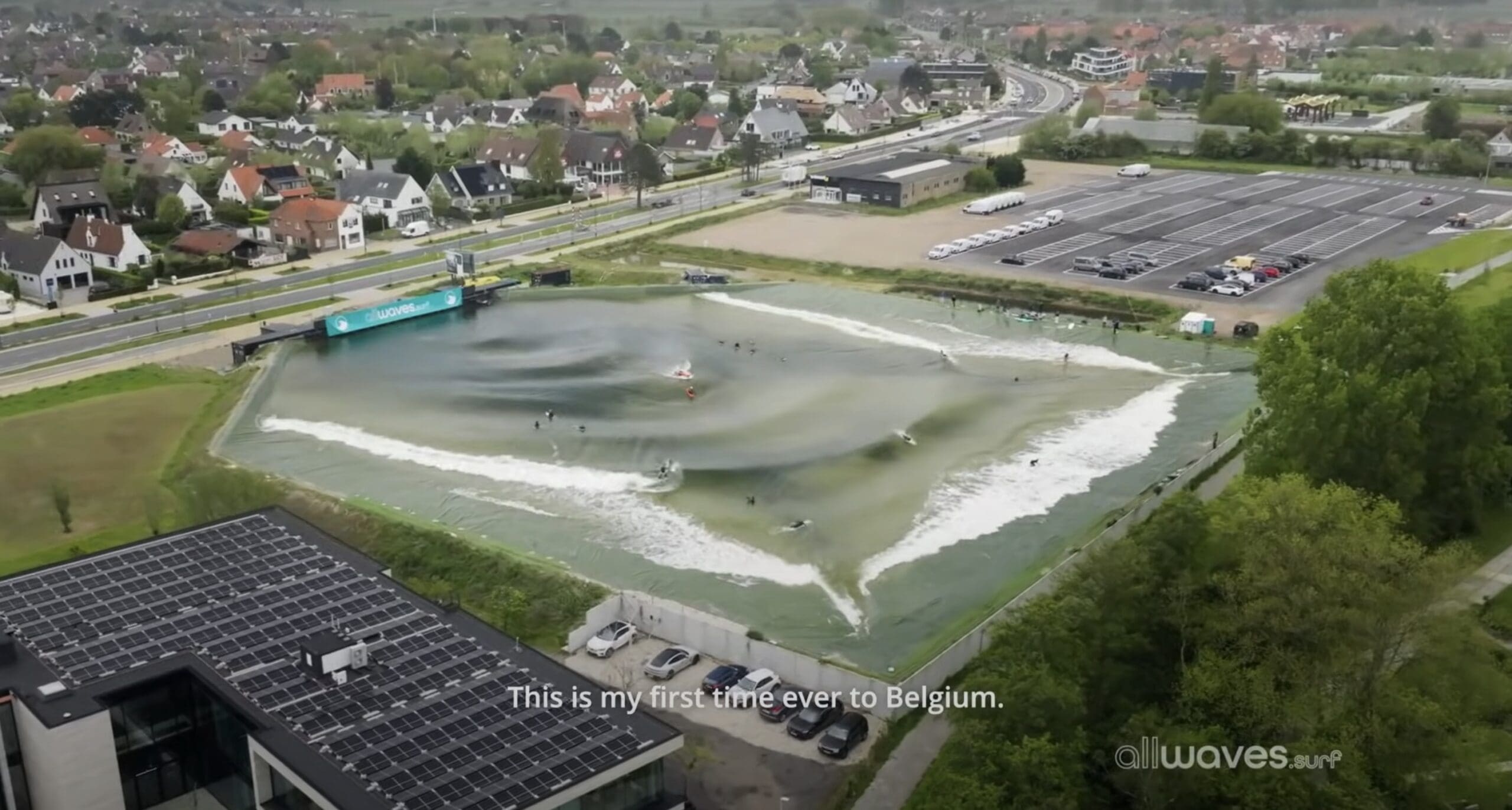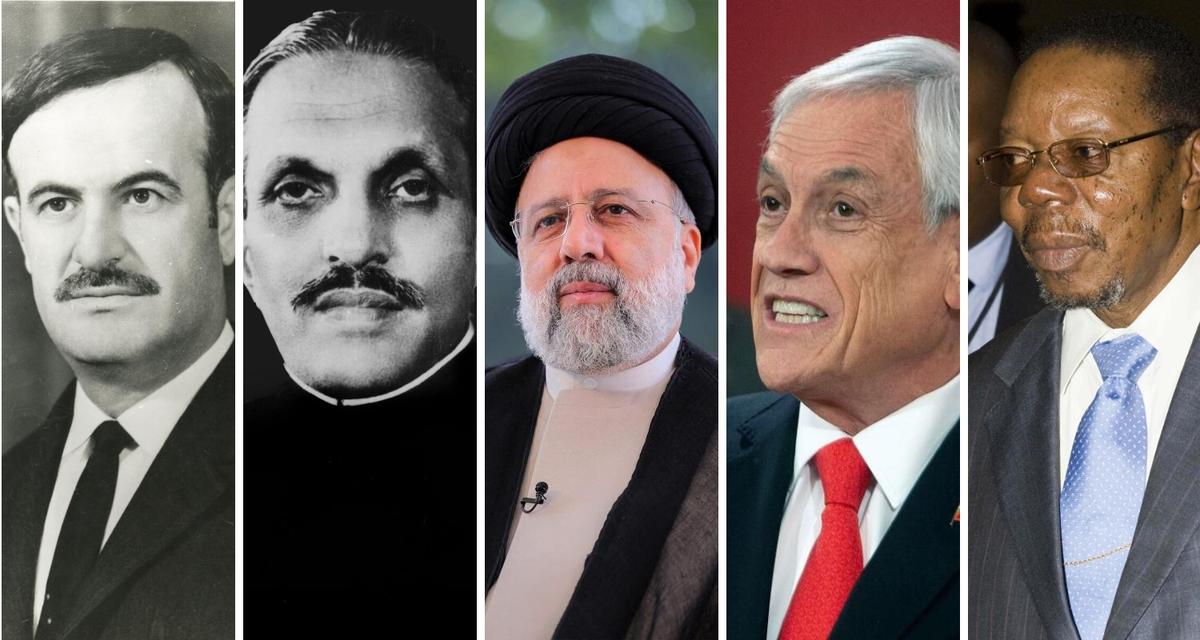
The proposed circular electron positron accelerator (CEPC) in China has the potential to revolutionize particle physics research, according to Eliezer Rabinovici, a professor emeritus of physics at the Hebrew University of Jerusalem and president of CERN. The CEPC, which would have a circumference of 100 km, would far surpass the current world’s largest and most powerful particle accelerator, the Large Hadron Collider (LHC) in terms of its capability to make groundbreaking discoveries.
However, the Chinese government has not yet approved the project, sparking controversy within China’s scientific community. Physicist and Nobel laureate Yang Chen-ning has been critical of the project, citing more pressing issues such as economic development and environmental protection. Despite this opposition, Rabinovici believes that China’s scientific potential is being underestimated and has witnessed significant progress in Chinese science during his visit in April.
The debate over whether China should build the world’s largest particle accelerator has been ongoing for nearly a decade. Wang Yifang, director of IHEP, proposed the CEPC project in 2012 following the discovery of the Higgs boson in Europe. If approved, construction of the CEPC could begin within the next three years, pending government licenses and funding.
While the construction cost of over 5 billion USD for the CEPC is substantial, Wang emphasizes that





